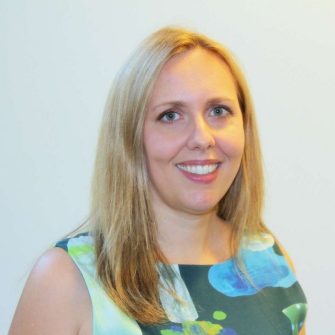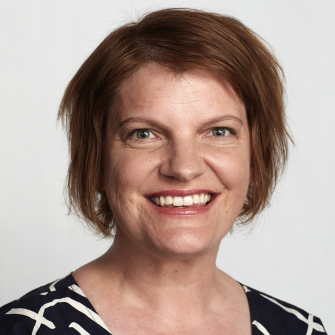The Test Library

The School of Psychology has a very well-resourced Test Library, which is available to all Psychology Master coursework and PhD students as well as to qualified staff in the School of Psychology. Please note that the Test Library is not part of the UNSW Library and is only accessible to the above-listed School of Psychology students and staff.
The Test Library transitioned to an online system in February 2020. To use the new online Test Library you will first need to register in person with one of our staff members. Please visit the Test Library (location below) and bring your UNSW ID card for verification purposes. If you are already a member of the online Test Library, visit https://psychology-test-library.librarika.com/ to search and request items. You will still need to visit the Test Library to collect and return items.
The Test Library requires secure access and is open on Tuesdays to Thursdays (9am – 1pm; 2pm – 5pm) and Fridays (9am – 1pm; 2pm – 4pm). There might be limited access to collect test material at other times with prior arrangement. For further information regarding the Test Library, please contact testlibrary@unsw.edu.au.
The Test Library is located on Level 8, Room 825 of the Mathews Building.
Ethics and Sona resources
Please follow the links below for more information and resources on the Research Participation program for staff and graduate students. You should save each document to your network drive (z: drive) and edit it from there to avoid losing changes.
- HREAP-C process overview
- Ethics Approval Application Form
- HREAP-C Application for Participants
- UNSW Sona Researchers Guide
- Guide for Allocating Additional Points on SONA-1
- Sona debrief questions
- HREAP Recruitment flyer template
- Modification request form
- Managing Participant Wellbeing
- Home Work / Pre-Work Policy
Our people

Professor Eva Kimonis
Research areas: developmental psychopathology; child clinical psychology; externalising and conduct problems; aggression and antisocial behaviour; violent offending; development, assessment and treatment of callous-unemotional traits and psychopathy.

Professor Thomas Whitford
Research areas: schizophrenia and other psychotic disorders; schizotypy; understanding the psychological and neurophysiological basis of delusions and hallucinations; understanding the basis of sensory suppression to self-generated actions; Event-Related Potentials (ERPs); Diffusion-Tensor Imaging (DTI).

Professor Jessica Grisham
Research areas: obsessive-compulsive disorder, hoarding disorder, and related disorders. Comorbidity and classification of anxiety disorders. Investigations into processes that are associated with various types of psychopathology, including emotion regulation and thought suppression.

Associate Professor Jenny Richmond
My research program addresses the development of memory and emotion during infancy and early childhood and takes a developmental cognitive neuroscience approach. I'm particularly interested in the development of relational memory and the role it might play in representational flexibility. My recent work has looked at age-related changes in episodic memory and future thinking during early childhood and the development of rapid facial mimicry in infancy.
